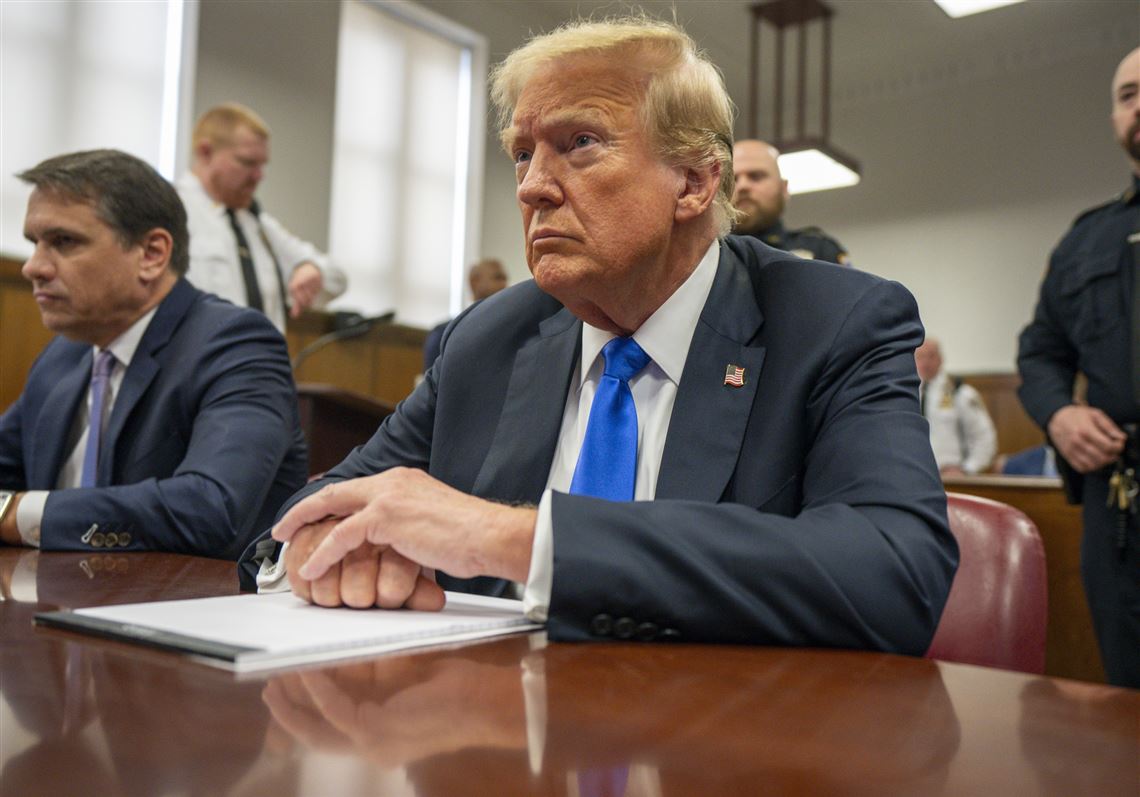President-elect Donald Trump is scheduled for sentencing on January 10, 2025, following his conviction on 34 felony counts of falsifying business records related to hush money payments made during his 2016 presidential campaign.
Background
In May 2024, a New York jury found Trump guilty of orchestrating payments to adult film actress Stormy Daniels to conceal an alleged affair, with the intent to influence the outcome of the 2016 election. These payments were improperly documented as legal expenses in the financial records of the Trump Organization, leading to the felony charges.
Sentencing Details
Judge Juan Merchan has indicated that he does not intend to impose a prison sentence. Instead, he is considering an “unconditional discharge,” which would conclude the case without additional penalties such as fines or probation. This decision aims to balance the enforcement of legal accountability with the practical considerations of Trump’s impending presidential duties.
Legal and Political Implications
This case marks the first criminal conviction of a former U.S. president. Despite the conviction, Trump is set to be inaugurated for a second term on January 20, 2025. The sentencing is scheduled just ten days prior to his inauguration, underscoring the unprecedented nature of these events.
Trump’s legal team had sought to delay sentencing until after his term, citing concerns that the proceedings could impede his presidential responsibilities. However, Judge Merchan denied this request, emphasizing the importance of upholding the rule of law and ensuring that no individual is above legal accountability.
Conclusion
As the sentencing date approaches, the nation watches closely, recognizing the significant legal and constitutional questions raised by this unprecedented situation. The outcome may set important precedents regarding the legal accountability of public officials and the intersection of criminal proceedings with presidential duties.
